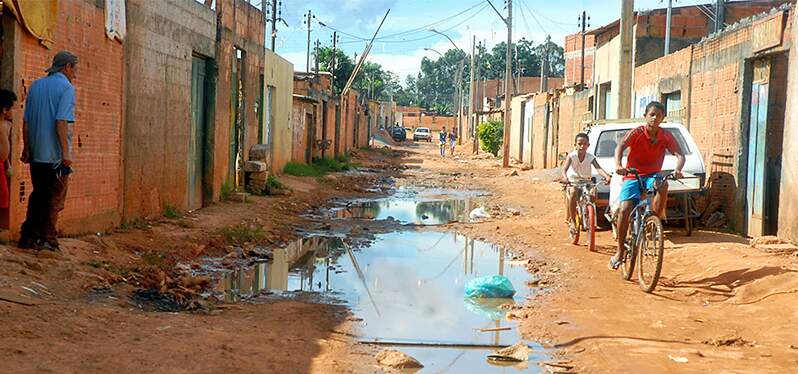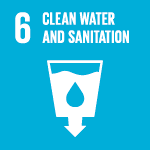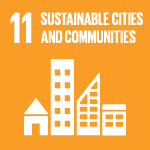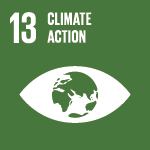Posted in: 05/11/2023
The sanitation decree was one of the guidelines for the first 100 days of the new government , which, in addition to evaluation surveys that divide opinions, has responded to sensitive issues for society. The decree aims to update and regulate the Marco Legal do Saneamento , which had been under discussion for over two years and contained relevant points of disagreement between managers of state-owned companies and private companies that provide sanitation services throughout the country.
Without going into the merits of each of the points of disagreement, the water issue dialogues directly with the sanitation decree, as it establishes that services must guarantee water supply , sanitary sewage, urban cleaning, solid waste management, drainage and of rainwater in a way that is adequate for public health and the protection of the environment.
Sanitation being defined as a set of actions that seek to control the factors of the physical environment of man, which exert or may exert deleterious effects on his state of physical well-being, on health and survival (WHO, 1950 ) ; the non-provision of basic services , in addition to representing insufficiency in the application of public policies, also violates a constitutional right that aims to guarantee the quality of life of the Brazilian population and, consequently, the development of the country , since it is one of the world’s indicators of social classification.
Sanitation is essential for the health of the population and some data prove this: according to the Ministry of Health (DATASUS 2021), Brazil recorded almost 130,000 hospitalizations in 2021, caused by so-called waterborne diseases, caused by contamination in water . This reveals how much the lack of sanitation harms the population and that, given the characteristics of the territories (urban or rural) and housing where they live, it can be more or less impacted, resulting in children absent from school, workers unable to carry out their work activities. and, ultimately, death.
One way of putting pressure on decision makers about the importance of sanitation would be to look at it as an investment rather than a cost. António Guterrez, Secretary General of the UN, defends the idea that a healthy environment, provided with good sanitation conditions, is essential for people, but also for business and the planet, and points out that for every dollar invested in water and sanitation basic, up to 5 dollars are returned in better conditions of health , productivity, education and jobs in the world (United Nations – Brazil, 2021).
And this kind of debate is nothing new. World leaders have been discussing this agenda for decades, with the lack of sanitation declared as an obstacle to be overcome for the progress of humanity during the Millennium Summit in the 2000s. Access to water, in turn, was proclaimed as a human right by the UN in 2010 . Now, at the UN Conference on Water , held in March of this year in New York, the theme returned to the debate with a broader approach, that water is an ecosystem right . That is, it is a right of future generations and is now seen by the UN as a common good.

Malu Ribeiro, director of Public Policy at Fundação SOS Mata Atlântica , was at the UN Conference on Water and was very pleased with this new directive from the entity, as she understands that this should boost decision-making in Brazil.
“This is the moment for Brazil to finally approve the proposal to amend the Constitution , PEC number 6, which makes access to clean, treated water a fundamental right for Brazilian men and women,” said Malu, during an event held in São Paulo, promoted by TyQuant , water solution of Synergia Socioambiental, on the dichotomous water issue experienced in Brazil: scarcity and abundance .
Along with other Brazilian specialists, Malu said that he took this agenda to the UN, with the aim of strengthening Brazilian claims before the world: “this PEC, approved in 2022 unanimously in the Senate, has not yet been approved in the Chamber. And, for it to be approved in the House, we put pressure on the UN agenda”.
At the same event, in São Paulo, Maria José Brito Zakia, PhD in Environmental Engineering Sciences and professor at UNESP , brought her systemic vision to the solution of the Brazilian water problem: “there is no single solution, there is no silver bullet. Only shared solutions will bring results”.
One of these solutions was presented by the doctor and master in Irrigation and Drainage, Rinaldo Calheiros . He explained, on the occasion, the concept of water production .
According to him, it is possible to produce water through solutions based on nature , such as green infrastructure . Unlike gray infrastructure, which acts on the symptom of the problem, building dams, dams, pools, crossing rivers, green infrastructure acts on the causes and not on the effects.
“I remember when I went to a meeting to explain the concept of water sustainability to a team from the city hall of a city in the interior of São Paulo. The understanding of the city’s public authorities was, at the time, to install a new pump to capture more water from the Atibaia River. However, other cities that were upstream also intended to capture more water from Atibaia. So, it was obvious that, with the increase in population of all those cities, eventually the water would not reach the bottom part. In other words, the same source wanting to be consumed by different cities”, explained Calheiros.
The specialist demonstrated in a didactic way that the TyQuant methodology , developed by him, contemplates the development of water self-sufficiency plans , quantification of the water potential, a safety plan for water sources and hydrological monitoring. This results in water production and represents concrete chances of mitigating the effects caused by extreme weather events.
“ Producing water is possible and it’s not about turning everything into big forests. The forest is of fundamental importance, it has its place defined and must be conserved, obviously. But we also have to consider existing occupations and anthropic needs. Finally, act in a balanced way to promote a balance between human needs and the needs that the ecosystem requires”, added Calheiros.
Bianca Gomes holds a master’s degree in sanitation and the environment from Unicamp and a sustainability specialist at Synergia Socioambiental



Sign up and receive our news.